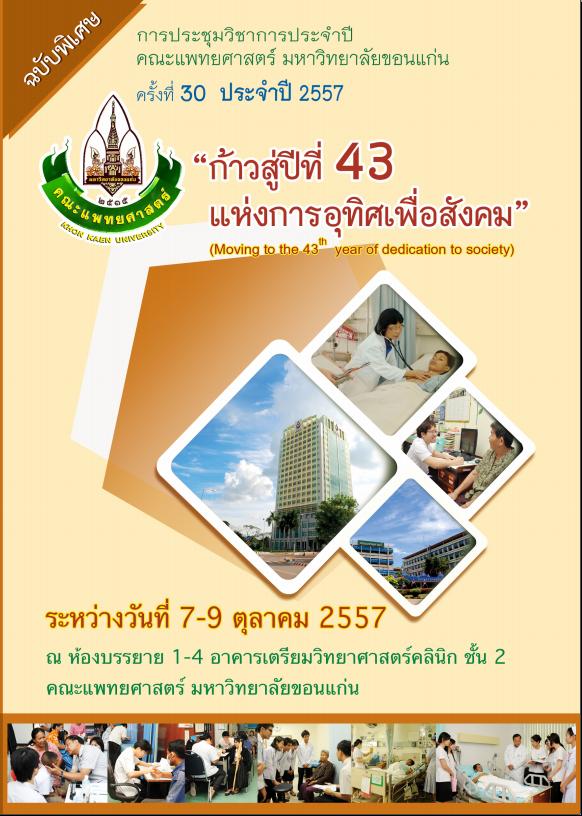The Effect of Folic Acid on Post-thaw Quality of Human Spermatozoa
Keywords:
Spermatozoa, folic acid, cryopreservationAbstract
Background: Cryopreservation provides a useful and effective method in fertility preservation for men desiring to conceive later in life such as cancer patients about to obtain radiation or chemotherapy treatments. Freezing and thawing methods, however, can lead to increase in the concentration of reactive oxygen species (ROS). Exposure to high ROS concentrations can result in impairment of semen quality as assessed by sperm concentration, percentage of motility and percentage of progressive motile sperm. Antioxidants are scavengers of ROS and their use have been studied as a treatment to reverse the adverse impact of high ROS concentrations on semen parameters. Folate in an water soluble vitamin and shows antioxidant activity. It was shown that folic acid can efficiently scavenge free radicals and inhibit lipid peroxidation.
Objective: To determine the effects of supplementation of cryopreservation medium with folic acid on the improvement of post-thaw semen quality.
Methods: This study investigated the effect of folic acid supplementation in a total of 30 semen samples prior to cryopreservation process. After one week of cryopreservation, the semen samples were thawed and assessed the quality using Computer Aided Sperm Analysis (CASA).
Results: The results showed that after supplementation of folic acid in semen samples prior to cryopreservation significantly improve semen quality after thawing in comparision with control group in terms of percentage of motile sperm, percentage of progressively motile sperm, and percentage of viable sperm (29.13% VS 18.60%, p<0.001 ; 1.43% VS 0.70%, p=0.019 ; 73.05% VS 63.90%, p<0.001, respectively).
Conclusion: These results suggest that the supplementation of folic acid to cryopreservation medium improves post-thaw semen quality.




